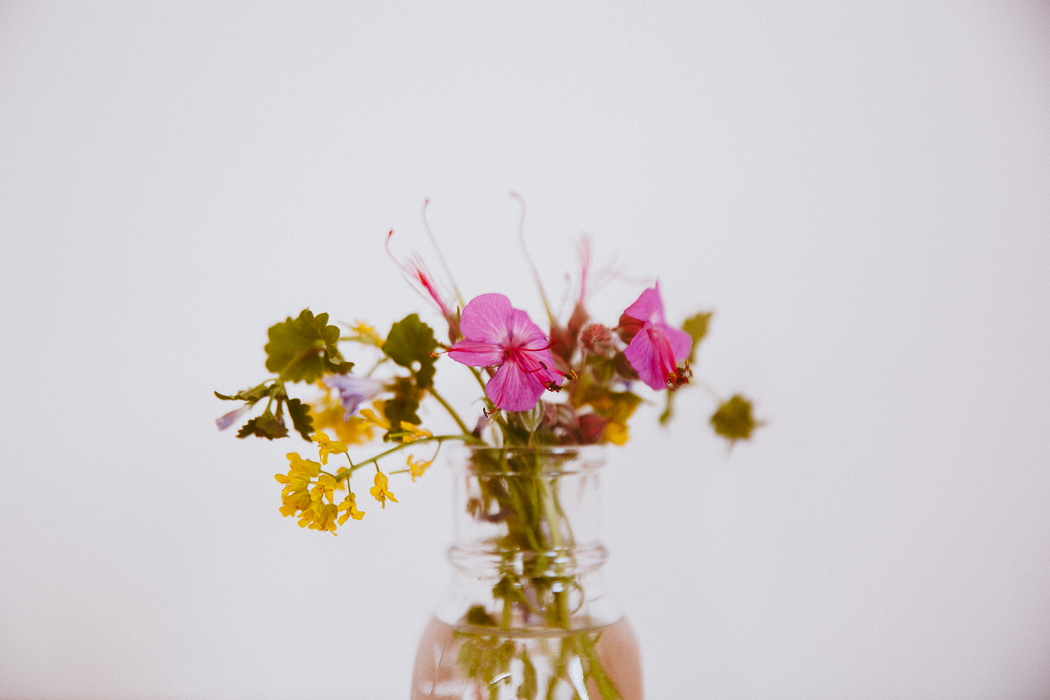
5 Ways to Incorporate More Gratitude into Every Day


It can be so easy to get caught up in the next task or what is going wrong throughout the day that we forget to stop and appreciate what we have. This posture of thankfulness is called gratitude. Research has shown a powerful correlation between gratitude and happiness, as well as many other positive effects on mental and physical health. Let’s take a look at the impact of gratitude and simple strategies for incorporating more gratitude into our daily routine.
The Many Benefits of Gratitude
Studies have revealed the overwhelming benefits of gratitude on improving mental well-being and life satisfaction. Researchers have found that maintaining a regular gratitude practice increases feelings of happiness and helps shift our focus from ruminating on toxic emotions such as resentment and regret.
While treatment for mental illness involves more than just positive thinking, gratitude can be a beneficial coping skill for people living with anxiety and depression. Exercising gratitude can help to alleviate feelings of depression and anxiety, increase stress resilience and generate feelings of optimism about the present and future. For more information about mental health disorders, click here).
Gratitude has also been linked to enhanced physical health. It can boost the immune system and lower levels of inflammation. One study found a correlation between practicing gratitude and better sleep quality.
Ongoing research continues to confirm the potential of gratitude to transform our attitudes, energy level and interactions with others. The wonderful thing is that practicing gratitude does not require extreme exertion or a lengthy time commitment each day. It simply involves being present, identifying the things that we are thankful for and meditating on the goodness around us.
5 Strategies for Practicing Gratitude
- Appreciate the little things.
We don’t have to wait for something big to happen in order to be thankful. One way to cultivate gratitude is to appreciate the little moments that bring joy every day. For example, try savoring the taste of your morning coffee or stopping to notice the beauty of the trees and flowers outside.
- Start a gratitude journal.
This technique involves keeping a list of favorite moments throughout the day or several things that you are grateful for each day. On more difficult days, it may be challenging to pinpoint anything positive. Stopping to really think about the blessings you do have and might take for granted can help to shift your perspective. The act of keeping a gratitude journal can also train your mind to start looking for the hopeful things in the midst of stressful or difficult times.
- Write notes of appreciation.
Take the time to write a card to someone that has made an impact on your life. Not only will showing your appreciation boost positive feelings, it can also improve your relationships. If writing isn’t your style, consider telling someone verbally that you appreciate something they did. Even just meditating on your appreciation for a supportive person in your life is a way of exercising gratitude.
- Prayer.
Individuals who practice prayer can use this as an avenue for gratitude. Regardless of your particular beliefs, expressing thankfulness to a higher power (or simply the universe) can help you to meditate on the miraculous gift of being alive.
- Meditation
Carve out the time for daily meditation, in which you can reflect on how far you’ve come and what you feel thankful for in your life currently. There are many guided gratitude meditations you can access to help you get started with this kind of practice.
Getting Started
Challenge yourself to incorporate one of these strategies into your routine over the next several weeks, and see how it shifts your mood and perspectives. You may find that practicing gratitude is one of the most simple ways to boost your mental health and increase life satisfaction.
